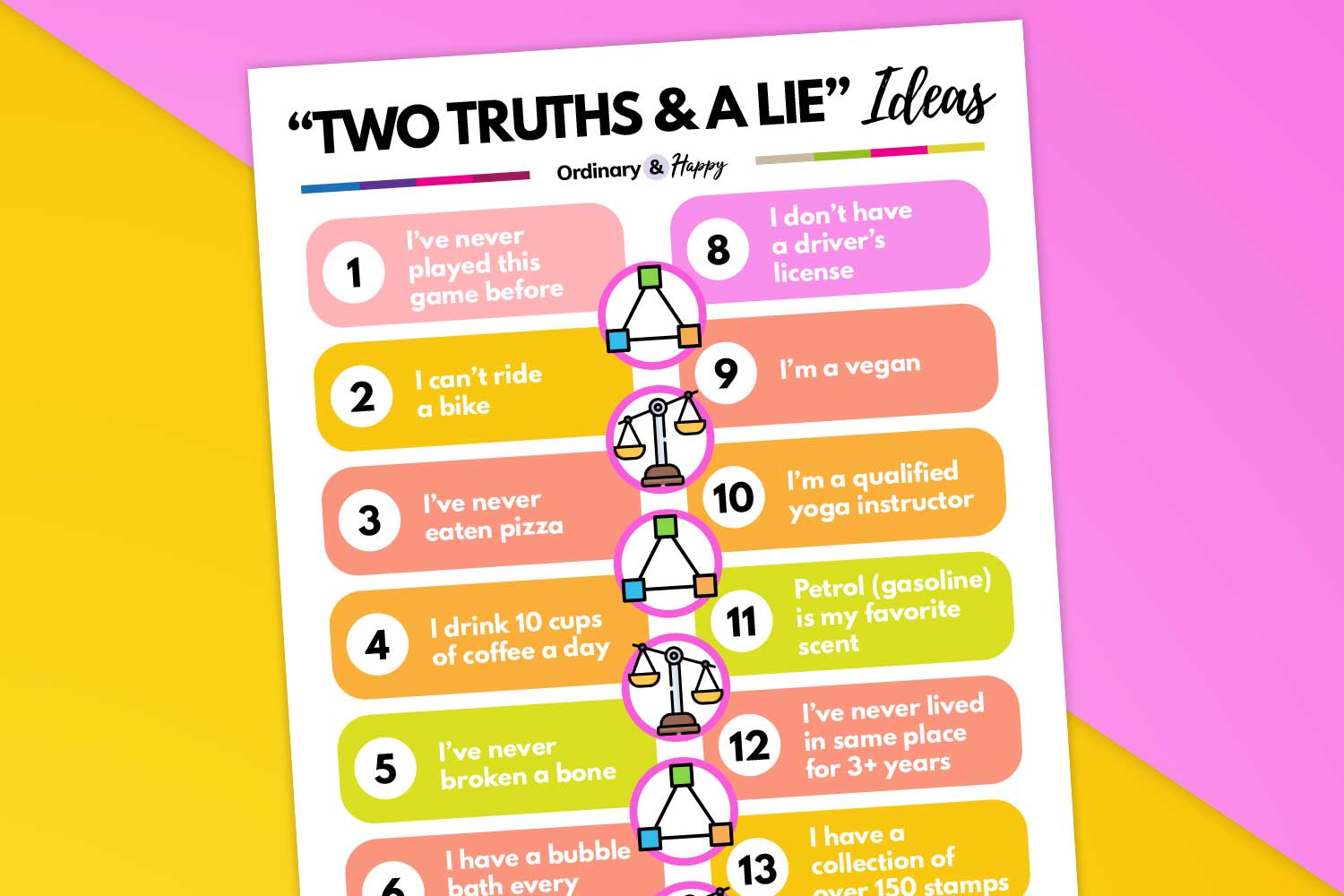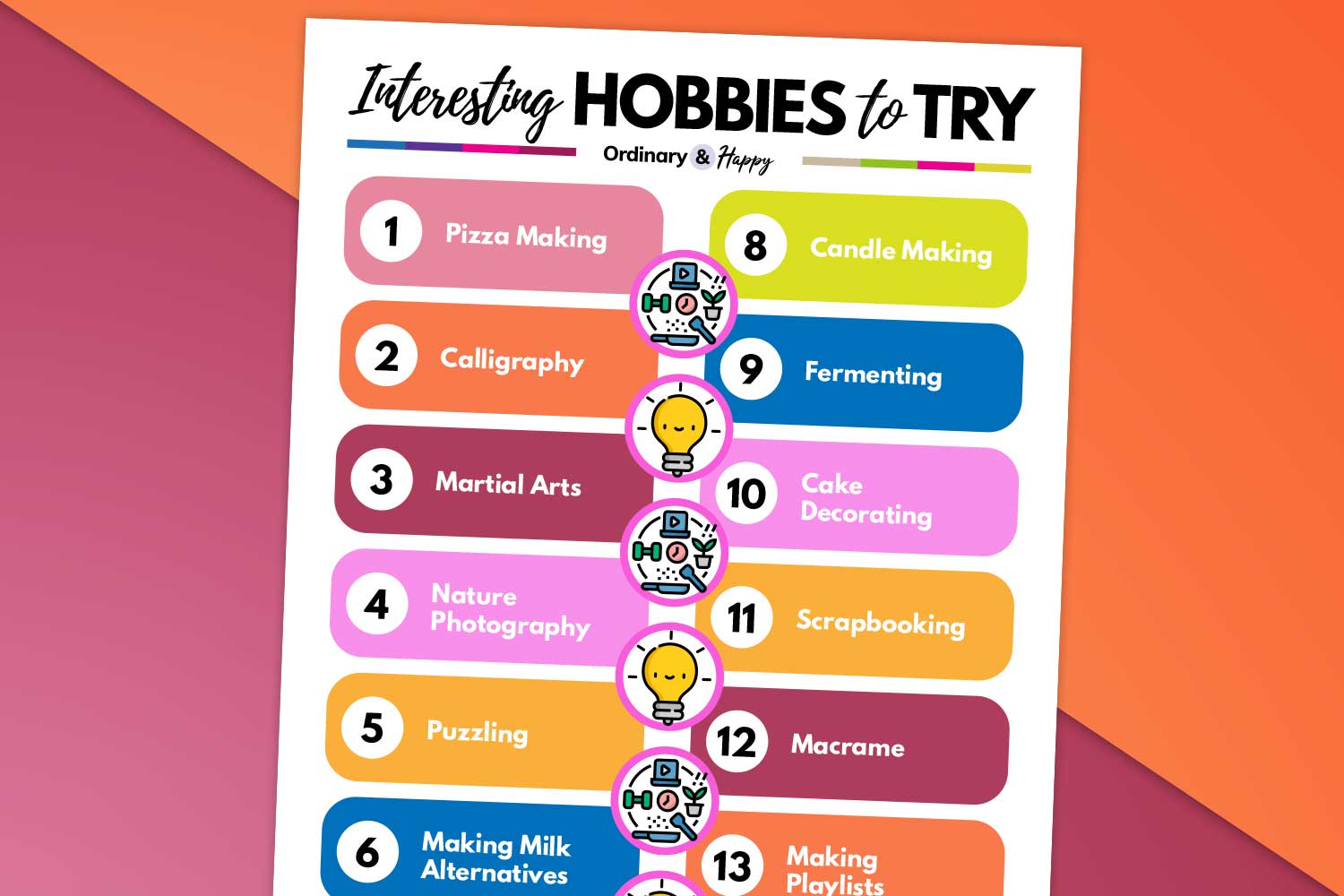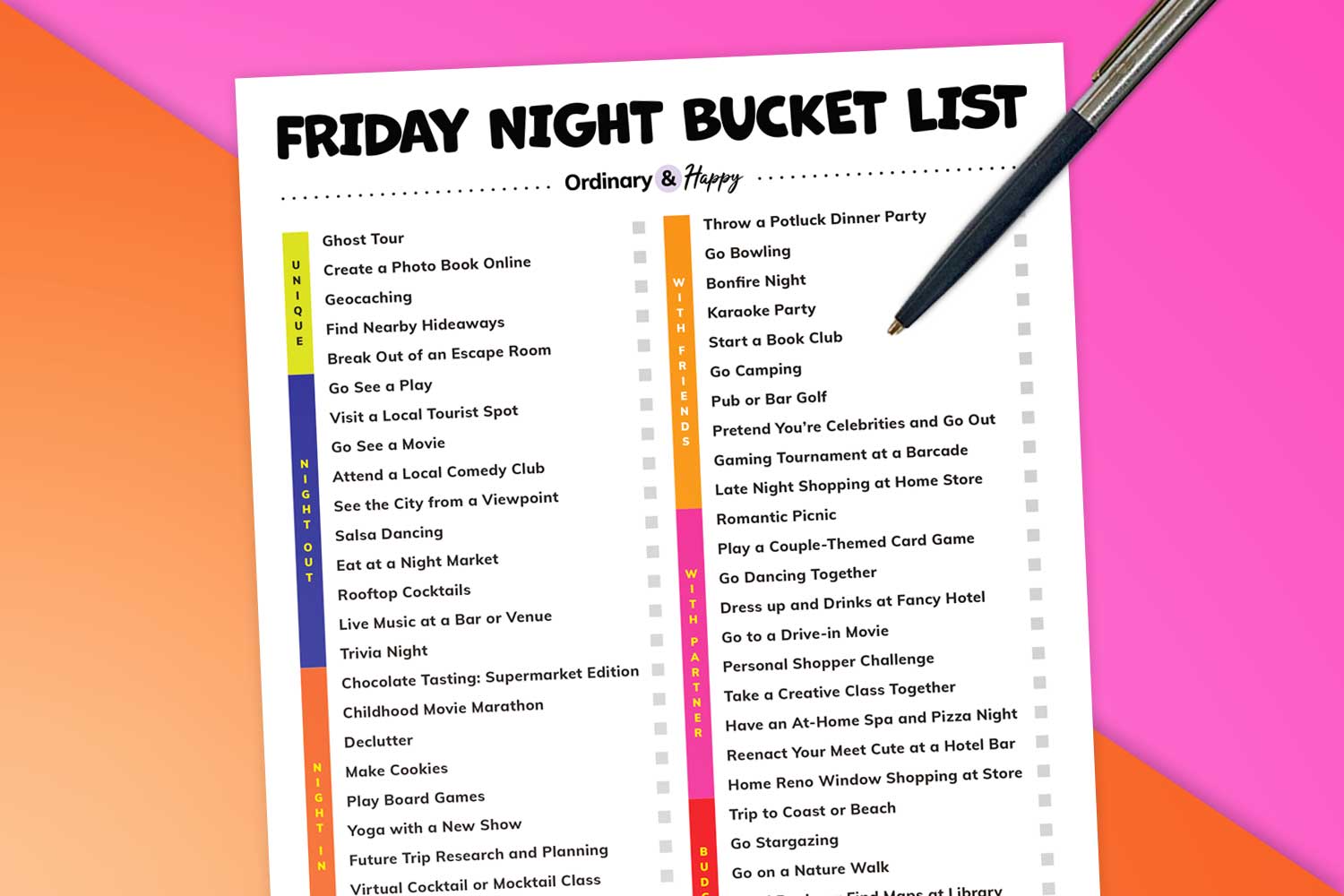How to Stop Procrastinating in 8 Smart Ways
This post may contain affiliate links, meaning if you book or buy something through one of these links, I may earn an affiliate commission at no additional cost to you. Learn more
From Instagram to Netflix, there are so many things that can distract us from doing work. Here’s how to stop procrastinating and achieve your goals, using eight simple but smart methods.
1. Set S.M.A.R.T. Goals
S.M.A.R.T. goals means:
- Specific: make it very clear to yourself what you’re trying to achieve.
- Measurable: make sure you can use numbers or milestones to decide if the goal has been achieved.
- Assignable: make sure you can do the work, and if not, find someone who can.
- Realistic: be aware of how fast you work and how much effort is needed to achieve the goal.
- Time-related: give yourself a set amount of time to do it.
Whenever you want to achieve something, write down your goal. Then go through the five steps and apply them all to each goal.
2. Set a Concrete Deadline with Consequences for Missing It
Many people procrastinate because they don’t have deadlines. By telling yourself you have to do your work by a certain time, you give yourself a target to aim for. Without a target, you can keep delaying doing the work forever.
For example, if you want to self-publish a book, set it up for preorders on Amazon and go write it before the deadline. You’ll be penalized if you don’t finish it, and this will give you the motivation to finish it.
3. Gamify the Experience and Set Up Rewards
If you work and work with no breaks or rewards, you’ll burn out quickly. By gamifying your work and tasks, you set up mini targets to aim for throughout the day.
It’s a great idea to reward or treat yourself every time you hit those targets. This helps you stay productive.
Divide your projects into 25-minute task intervals, with 5-10 minute breaks in between, similarly to the Pomodoro technique. After completing a project, you can reward yourself for completing your tasks successfully.
These rewards could be your favorite snacks, self-care products, or anything else you love.
4. Tackle Your Most Important Tasks in the Morning
If you sleep well and eat a good breakfast, you’ll have lots of energy in the morning. As the day goes by, you’ll feel less energized.
Do the tasks you find most difficult in the morning when you have the most energy. Leave easier tasks for the afternoon or evening. That way, you’ll stay on track and motivated, even when you feel like you have less energy.
5. Let Go of Perfectionism
Done is better than perfect. Agonizing for hours over little details is stopping you from achieving your goals. You have to learn to let go and move on to different tasks.
You can always come back to something in the future and improve it. Productive people are always finishing tasks and releasing things.
They don’t spend hours on something, focusing on small details. It’s difficult but practice makes perfect.
6. Remove Distractions from Your Environment
There are many things in your home that can distract you. Having the TV on or sitting in an uncomfortable seat are two of many.
Try to create an environment of calm and focus. Getting some noise-canceling headphones is a great way to stop background noise from disrupting you. Comfortable seating and working from a room with no TV are also good choices.
If there are other people in your house, let them know you are trying to work. Tell them to not disrupt you between certain times.
7. Know Your End Goal
What is the purpose of the work you are doing? Focussing on small, digestible tasks is important. But you also need to have a high-level goal that sums up why you’re doing it. This will help you stay motivated when you’re starting to feel tired or frustrated.
If you’re writing a book, there’s a reason you’re writing it. You’re not just typing words on a screen for the sake of it.
Maybe it’s to make money. Maybe it’s to entertain people and move them emotionally. Whatever that goal is, repeat it in your mind. It will give you the drive you need to finish your tasks.
8. Get an Accountability Partner
It’s hard to stay focused all the time when we’re working alone. An accountability partner is a great way to motivate you to finish your tasks every week.
An accountability partner can be anyone you trust, but it’s important that they too are trying to achieve a certain goal.
Meet or talk once a week, and let your partner know what your weekly goal is. Decide whether you want to check in daily, or show your work at the end of the week.
Whatever you decide, the guilt of letting the other person down will drive you to finish your goals.
We all procrastinate. But those of us who can overcome it and stay productive are the ones that achieve our goals.
Try one, several, or all of these eight smart methods after you’ve set your next goals. Not procrastinating will help you work faster, harder, and eventually achieve your goals.
You Might Also Like to Read:
Need some help to stop procrastinating? Keep this article for safekeeping, by saving it to one of your Pinterest boards.







